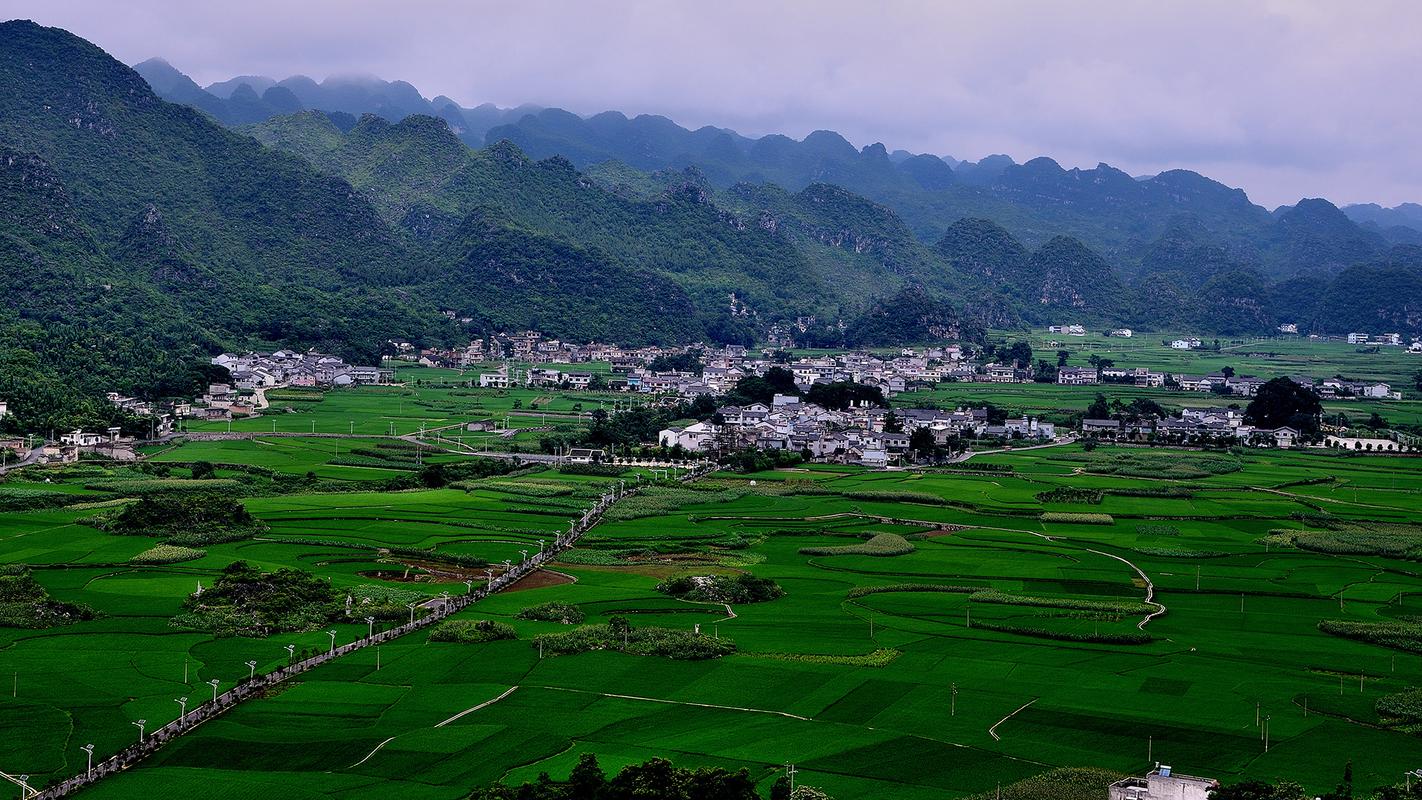Korea, the land of the morning calm, is known for its rich cultural heritage and traditions that have been handed down through generations. Korea has developed its unique identity over centuries, and visitors to the country can experience its culture through various fascinating practices. Here are five such cultural practices in Korea that are worth exploring:
1. Hanbok: The Traditional Korean Dress
Hanbok is the traditional Korean dress that is worn on special occasions such as weddings, birthdays, and traditional festivals. The attire is known for its vibrant colors and is worn differently by men and women. The attire has its roots back in the Joseon Dynasty (1392-1910), and it is still a significant part of Korean culture today.
2. K-Pop And K-Drama
K-Pop and K-dramas are two of the most popular cultural exports from Korea in the 21st century. K-pop is Korean pop music, while K-dramas are Korean television dramas. Both have gained popularity across the world, and their influence can be seen in fashion, language, and lifestyle trends in other parts of the world.
3. Kimchi: The National Dish of Korea
Kimchi is a staple of Korean cuisine and is considered the country’s national dish. It is fermented vegetables served as a side dish with almost every meal. There are many different varieties of kimchi, and it is enjoyed by people of all ages in Korea and other parts of the world.
4. Tea Culture
Tea culture has a long history in Korea and is an essential part of Korean traditional medicine. The country has many tea houses where people can enjoy different types of teas, including green tea, black tea, and herbal tea. Tea ceremonies and rituals have been practiced in Korea for centuries and are a fascinating way to experience the country’s traditional culture.
5. Traditional Games
Korean traditional games are fun and are still played today, especially during traditional festivals. Some of the popular traditional games such as Yutnori, Jegichagi (Korean hacky sack), Tuho (arrow throwing), and Neolttwigi (seesaw jumping), are enjoyed by people of all ages in Korea.
In conclusion, Korea has a rich cultural heritage, and its practices and traditions are fascinating to explore. This list is just a starting point, and there are many more cultural practices in Korea worth discovering, such as Gyeongju, the world’s largest open-air museum, and the folk village of Jeonju. It is a truly unique destination offering a one-of-a-kind travel experience.
(Note: Do you have knowledge or insights to share? Unlock new opportunities and expand your reach by joining our authors team. Click Registration to join us and share your expertise with our readers.)
Speech tips:
Please note that any statements involving politics will not be approved.
